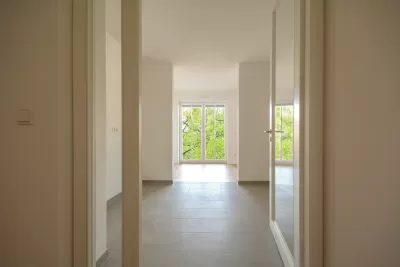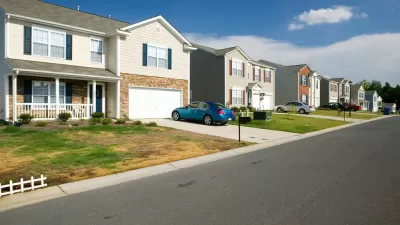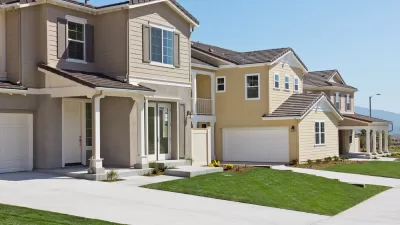Research published last year, and explained recently in the Harvard Business Review, measures the effect of Airbnb in the housing market, and goes a step further to explain the economics of that effect.

Kyle Barron, Edward Kung, and Davide Proserpio shares the findings of new research into the effects of Airbnb in the housing market, and to begin providing empirical evidence on the subject, when previously there had been mostly propaganda on either side of the issue.
In the preparation of a working paper published in 2018, Barron Kung, and Proserpio collected data from three sources: "(1) consumer-facing information, from Airbnb, about the complete set of Airbnb properties in the U.S. (there are more than 1 million) and the hosts who offer them; (2) ZIP code–level information, from Zillow, about rental rates and housing prices in the U.S. real estate market; and (3) ZIP code–level data from the American Community Survey, an ongoing survey by the U.S. Census Bureau, including median household incomes, populations, employment rates, and education levels."
As for findings: the researchers report "[that] a 1% increase in Airbnb listings is causally associated with a 0.018% increase in rental rates and a 0.026% increase in house prices. While these effects may seem very small, consider that Airbnb’s year-over-year average growth is about 44%."
"This means that, in aggregate, the growth in home-sharing through Airbnb contributes to about one-fifth of the average annual increase in U.S. rents and about one-seventh of the average annual increase in U.S. housing prices."
The researchers goes further, however, and also report two characteristics of the economy that produce that effect in the housing market.
"First, we show that ZIP codes with higher owner-occupancy rates (the fraction of properties occupied by the owners themselves) are less affected by Airbnb," according to the trio. "Second, we present evidence that Airbnb affects the housing market through the reallocation of housing stock."
The article's statement about what those findings mean will fall like a thud for anyone interested in the affordability of housing and access to housing as a tool for economic security and mobility: "absentee landlords are moving their properties out of the long-term rental and for-sale markets and into the short-term rental market."
FULL STORY: Research: When Airbnb Listings in a City Increase, So Do Rent Prices

Alabama: Trump Terminates Settlements for Black Communities Harmed By Raw Sewage
Trump deemed the landmark civil rights agreement “illegal DEI and environmental justice policy.”

Planetizen Federal Action Tracker
A weekly monitor of how Trump’s orders and actions are impacting planners and planning in America.

The 120 Year Old Tiny Home Villages That Sheltered San Francisco’s Earthquake Refugees
More than a century ago, San Francisco mobilized to house thousands of residents displaced by the 1906 earthquake. Could their strategy offer a model for the present?

Ken Jennings Launches Transit Web Series
The Jeopardy champ wants you to ride public transit.

BLM To Rescind Public Lands Rule
The change will downgrade conservation, once again putting federal land at risk for mining and other extractive uses.

Indy Neighborhood Group Builds Temporary Multi-Use Path
Community members, aided in part by funding from the city, repurposed a vehicle lane to create a protected bike and pedestrian path for the summer season.
Urban Design for Planners 1: Software Tools
This six-course series explores essential urban design concepts using open source software and equips planners with the tools they need to participate fully in the urban design process.
Planning for Universal Design
Learn the tools for implementing Universal Design in planning regulations.
Clanton & Associates, Inc.
Jessamine County Fiscal Court
Institute for Housing and Urban Development Studies (IHS)
City of Grandview
Harvard GSD Executive Education
Toledo-Lucas County Plan Commissions
Salt Lake City
NYU Wagner Graduate School of Public Service





























